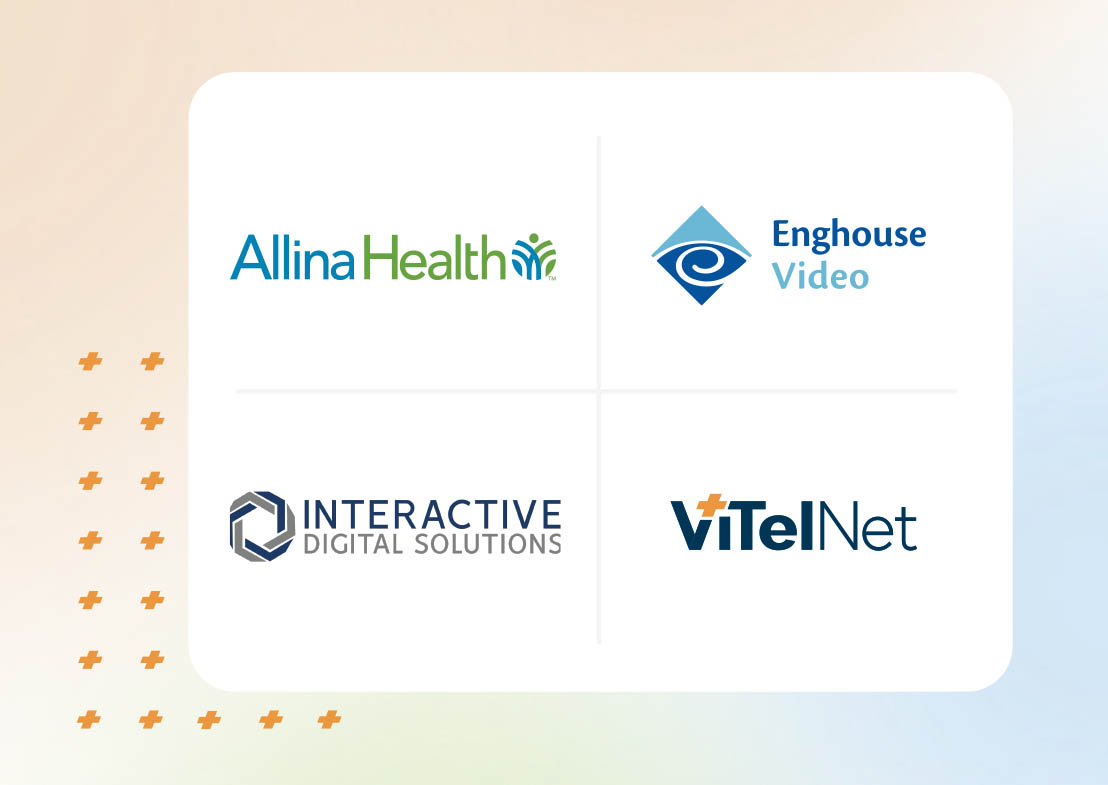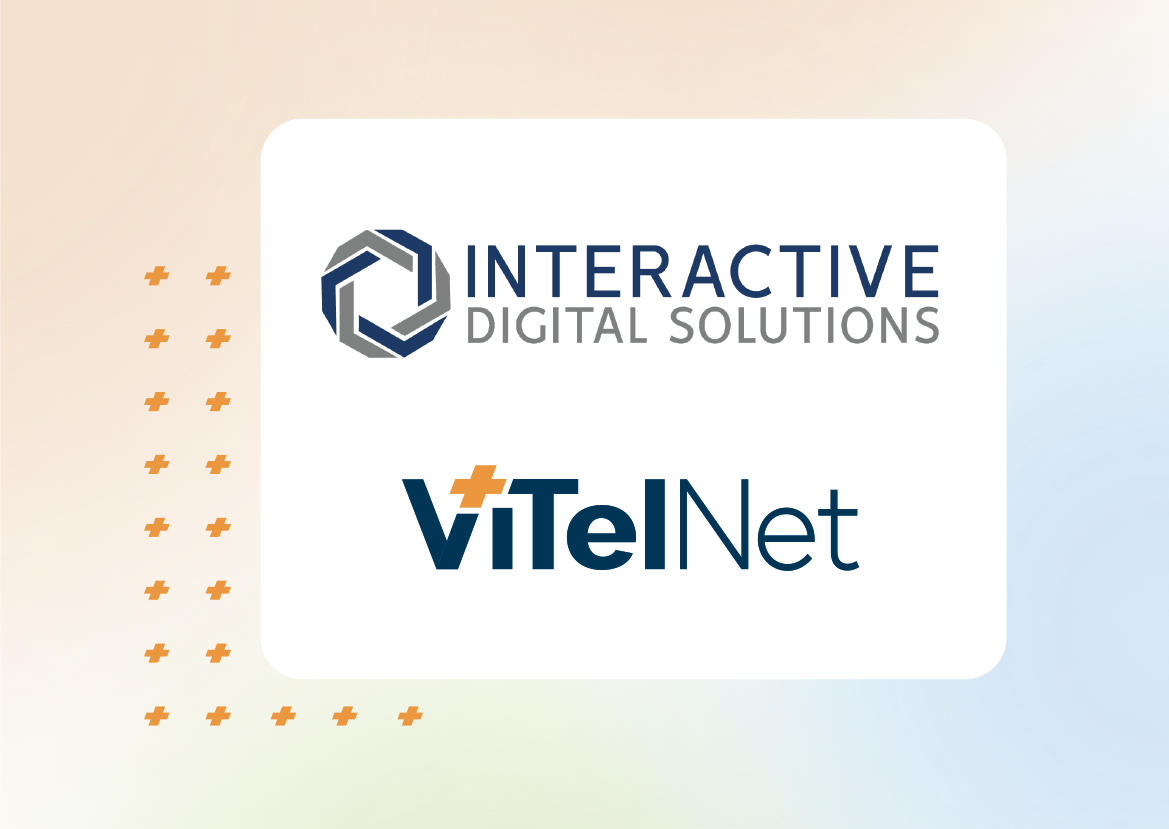According to a recent Beckers-Zoom survey, investors poured $31.5 billion into healthcare AI between 2019 and 2022. In 2024, we expect AI to continue revolutionizing healthcare and integrating with a range of applications. We also anticipate a continued focus on greater governance.
Here, we provide a brief roundup of some of the latest AI news among leading health systems. (Those listed here with an asterisk* are current ViTel Net clients.
- HCA Healthcare in Nashville has launched generative AI tools to help augment documentation in emergency room visits and speed up nurse handoffs.
- Mayo Clinic in Rochester, MN is in the process of testing a suite of AI healthcare models aimed at assisting clinicians and research groups that are conducting studies.
- UVA Health* has received a $5.9M grant to explore improved use of AI for a diverse pool of patients by taking into account their race, ethnicity, socio-economic status, and geography.
- Vanderbilt University Medical Center (VUMC)*, has been selected to help steer a national AI code of conduct initiative, a three-year project of the National Academy of Medicine (NAM). The project aims to clarify roles and responsibilities of various stakeholders on issues of privacy, ethics, equity, accountability, and applicability.
- East Carolina University (ECU)* has been awarded a $3.2M grant from United Health Foundation that, among other initiatives, will develop an artificial intelligence-driven portal to enhance collaboration between healthcare providers. It will also encourage family members’ engagement in their child’s mental health care, and will develop a new virtual reality video game that provides anonymous peer-to-peer support.
Here at ViTel Net, we have partnered with Kahun’s innovative AI-powered clinical reasoning engine, that allows health systems to triage patients presenting either virtually or in person at both primary and urgent care facilities using an AI chatbot. Kahun’s robust platform reasons like a physician and delivers transparency in its output, providing links to the peer reviewed journals and medical textbooks that support its recommendations. By automating the patient triage process with transparency, the provider not only saves time in discovery which can now be spent on care planning and treatment, but also provides safety by enabling the provider to review the AI reasoning engine’s sources for relevance to the patient being seen. This transparency is consistent with the latest governance from the department of Health and Human Services regarding safe use of artificial intelligence in healthcare.
What leaders are saying:
“Going forward, we’ll benefit by having data from a lot more patients and at a lot of other sites, and that way we can make more tools that will be more useful anywhere.”
Dr. Randall Mooreman, clinical cardiologist, UVA Health
”It’s time for a focused national conversation about the appropriate use of this technology across health care and research.”
Dr. Peter Embí, professor and chair of Biomedical Informatics and Senior Vice President for Research and Innovation, VUMC
In 2023 we also saw a rise in appointments for AI officers in leading organizations like Mayo Clinic Arizona, UC Davis Health, and UC San Diego Health, whose role is to ensure that AI technology is safely and ethically integrated into clinical settings. As the use of AI continues to surge in 2024, we will be keeping an eye on the latest developments and sharing our findings.
Becker’s Hospital Review. “HCA, Google roll out generative AI project.” Link
CNBC. “Google Cloud partners with Mayo Clinic, brings generative AI to health.” Link
CBS19 News. “UVA receives $5.9M grant to support AI research in health care.” Link
Vanderbilt University Medical Center News. “EMBI to help steer national AI code of conduct initiative.” Link
ECU News Services. “ECU awarded $3.2M grant from United Health Foundation.” Link
Becker’s Hospital Review. “Health systems lean into Chief AI Officers.” Link






